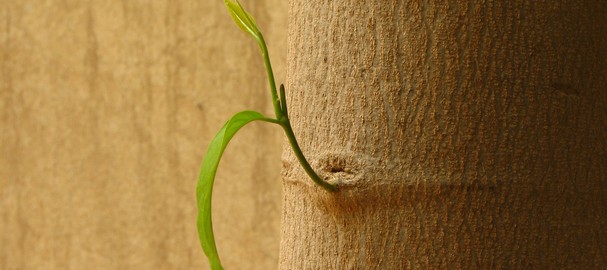On the authority
of Anas b. Maalik (1), may Allaah be pleased with him: I heard the
Messenger of Allaah, may Allaah exalt his mention and grant him safety, say:
Allaah, the
Most High, said: Son of Adam, as long as you
supplicate to Me and hope in Me, I will forgive you, no matter
what you have done. And forgiving you does
not cause Me distress.
Son of
Adam, if your
sins reached [the height of] the sky, then you sought My
forgiveness, I would surely forgive you, and forgiving you will not worry Me at
all.
Son of
Adam, if you came to
Me with an earth-full of sins, and met Me not having worshiped
others along with Me, certainly, I would come to you with an
earth-full of forgiveness. (2)
[Benefits
from the Hadeeth] (3)
[1]: A clarification of Allaah’s vast favor.
[2]: Even if sins have become many and great, if a
person, [who singles out Allaah in worship], asks his Lord for forgiveness,
Allaah will forgive him.
[3]: The virtue of sincerity (i.e. worshipping only Allaah),
and how it is a cause for the forgiving of sins – Allaah, the Most High says: “Verily,
Allaah forgives not that partners should be set up with him in worship,
but He forgives except that (anything else) to whom He pleases.”
(4)
____________________
(1)
[TN]: Anas Ibn Maalik [d. 92/93 AH] was the well-known servant of the
Messenger of Allaah, may Allaah exalt his mention and grant him safety. He
served him for ten years. When he passed away, he was over 100 years old.
May Allaah be pleased with him.
(2) Authenticated by Naasir
ad-Deen al-Albaani in Saheeh al-Tirmithee, #3540
(3) Abridged: Muhammad Saalih
al-‘Uthaymeen, Comments on 40 Hadeeth, 137
(4) Surah an-Nisaa (4): 48





